Think you know what a wheel is? Think again.
Sure, it’s round and it rolls, but this “simple” invention literally set civilization in motion and continues to baffle engineers today.
From Stone Age pottery wheels to NASA’s Mars rovers, this circular genius has been quietly revolutionizing our world for millennia.
Yet ask people to define a wheel, and you’ll get surprisingly different answers.
What makes a wheel truly a wheel? Why are dictionaries still debating the definition? And how are modern engineers reinventing this ancient marvel for tomorrow’s challenges?
Let’s roll into the surprising world of wheels.
Dictionary Definitions of ‘Wheel’
To understand the meaning of the wheel, it’s helpful to find out how leading dictionaries define it.
Each source focuses on different aspects, from the wheel’s function to its symbolic role in history and industry.
1. Merriam-Webster
Merriam-Webster is a long-standing American dictionary renowned for providing concise, current definitions and etymology, often used by students, professionals, and casual readers to gain a clear understanding of modern language.
- A wheel is described as a circular object that rotates on an axle.
- Often used to move vehicles, machines, or objects.
2. Oxford English Dictionary (OED)
The OED is a highly authoritative historical dictionary, renowned for tracing the development of words and their meanings over time, with extensive citations and rigorous scholarship.
- Defines a wheel as a circular frame that turns on a central axis or support.
- Used mainly for transport or mechanical work.
3. Cambridge Dictionary
Published by Cambridge University Press, this dictionary provides learner-friendly definitions accompanied by relevant examples.
It is ideal for ESL students or anyone looking for clarity in everyday English.
- A wheel is a circular object that spins around a center.
- Helps vehicles move or carry loads.
4. Britannica
Britannica is a general knowledge encyclopedia with academic credibility, offering expert-reviewed explanations in technical, scientific, and historical fields, including inventions and cultural milestones.
- Explains the wheel as a circular invention that made labor and transport easier.
- Highlights its role in human development and innovation.
5. Dictionary.com
A widely used digital dictionary, Dictionary.com offers fast and easy-to-read definitions.
It is known for its accessibility and simplified explanations, which are suitable for all reading levels and daily use.
- Defines the wheel as a circular part that turns on an axle.
- Used in machines and daily movement.
6. Vocabulary.com
This vocabulary-building platform combines dictionary definitions with interactive tools to boost learning.
It provides contextual examples and explanations to support learners in improving their word usage and language fluency.
- A wheel is a spinning circle used to move things or make machines work.
- Adds usage examples to illustrate how it’s used in real-life situations.
Comparative Analysis of Definitions
Each dictionary agrees that a wheel is circular and rotates to assist with motion. Still, their focus ranges from practical use to historical meaning.
Some shows simplicity, while others go deeper into the concept.
| DICTIONARY | KEY FOCUS | UNIQUE POINT |
|---|---|---|
| Merriam-Webster | Movement and form | Modern and basic use |
| Oxford English Dict. | Machinery and transport | Historical and technical focus |
| Cambridge | Everyday function | Simple and practical explanation |
| Britannica | Historical impact | Technical and cultural background |
| Dictionary.com | Daily use | Straightforward and relatable |
| Vocabulary.com | Usage and meaning | Offers context and examples |
Recent Technological Innovations in Wheel Technology (2025)
From electric motors inside the wheel to shape-shifting structures, the latest developments show that even the oldest tools can continue to improve.
Here are some standout inventions leading the way in 2025.
1. Elaphe’s In-Wheel Motor Technology
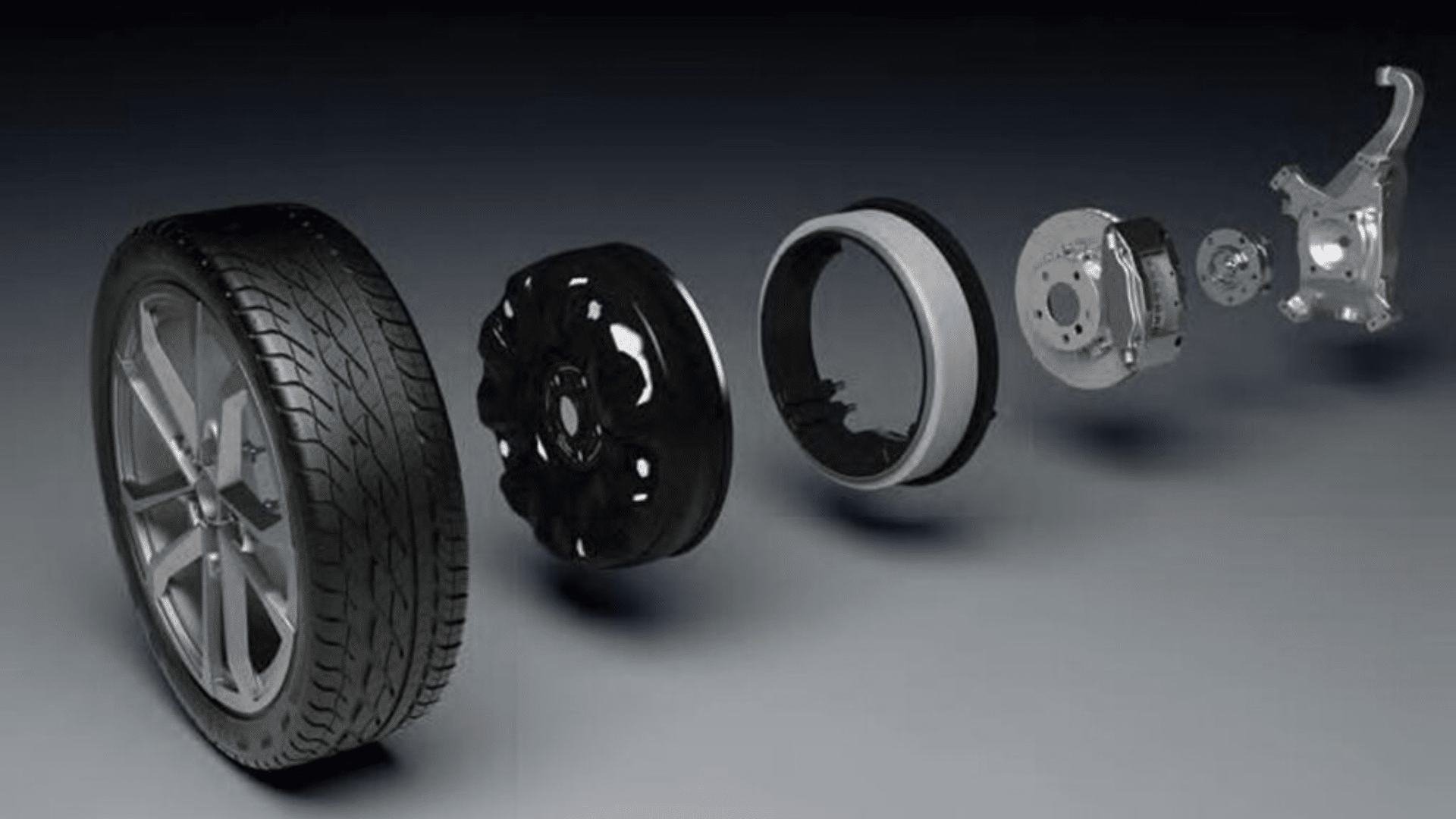
Elaphe has introduced motors built directly into the wheels of electric cars.
This design eliminates the need for traditional engines and axles, providing more interior space and enhancing energy efficiency, speed control, and traction.
2. Cosworth’s CCW Mk3 Steering Wheel
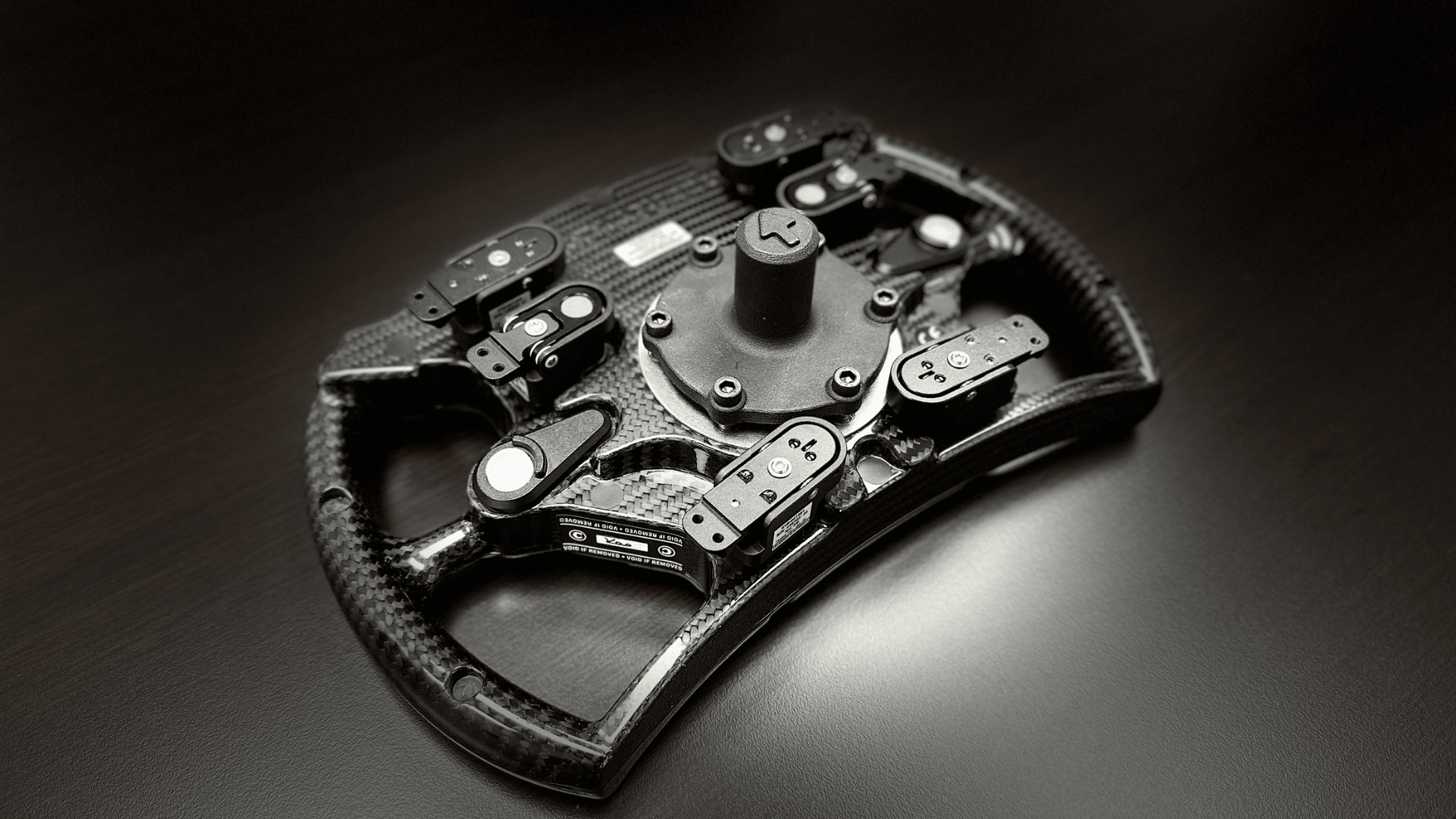
Cosworth’s high-performance steering wheel combines control and data.
It includes screens and buttons that allow drivers to adjust settings while driving, making it ideal for racing and advanced vehicle systems.
3. Korean ‘Morphing’ Wheel Technology
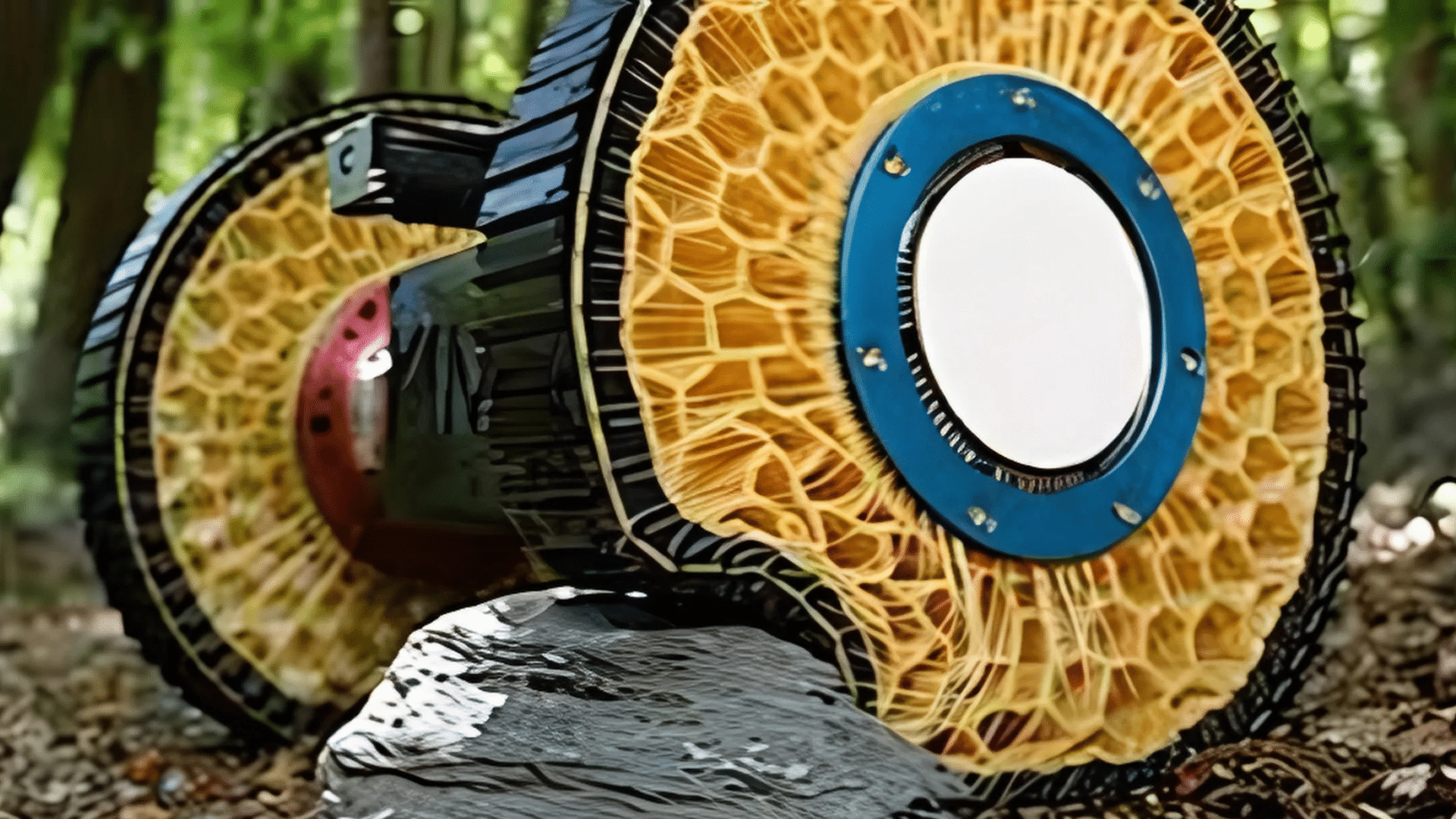
Korean engineers developed a wheel that changes shape depending on the road.
It can expand or shrink to adjust to different grip and handling needs, improving safety and comfort for drivers in various conditions.
4. Volvo’s New Generation Wheel Loaders
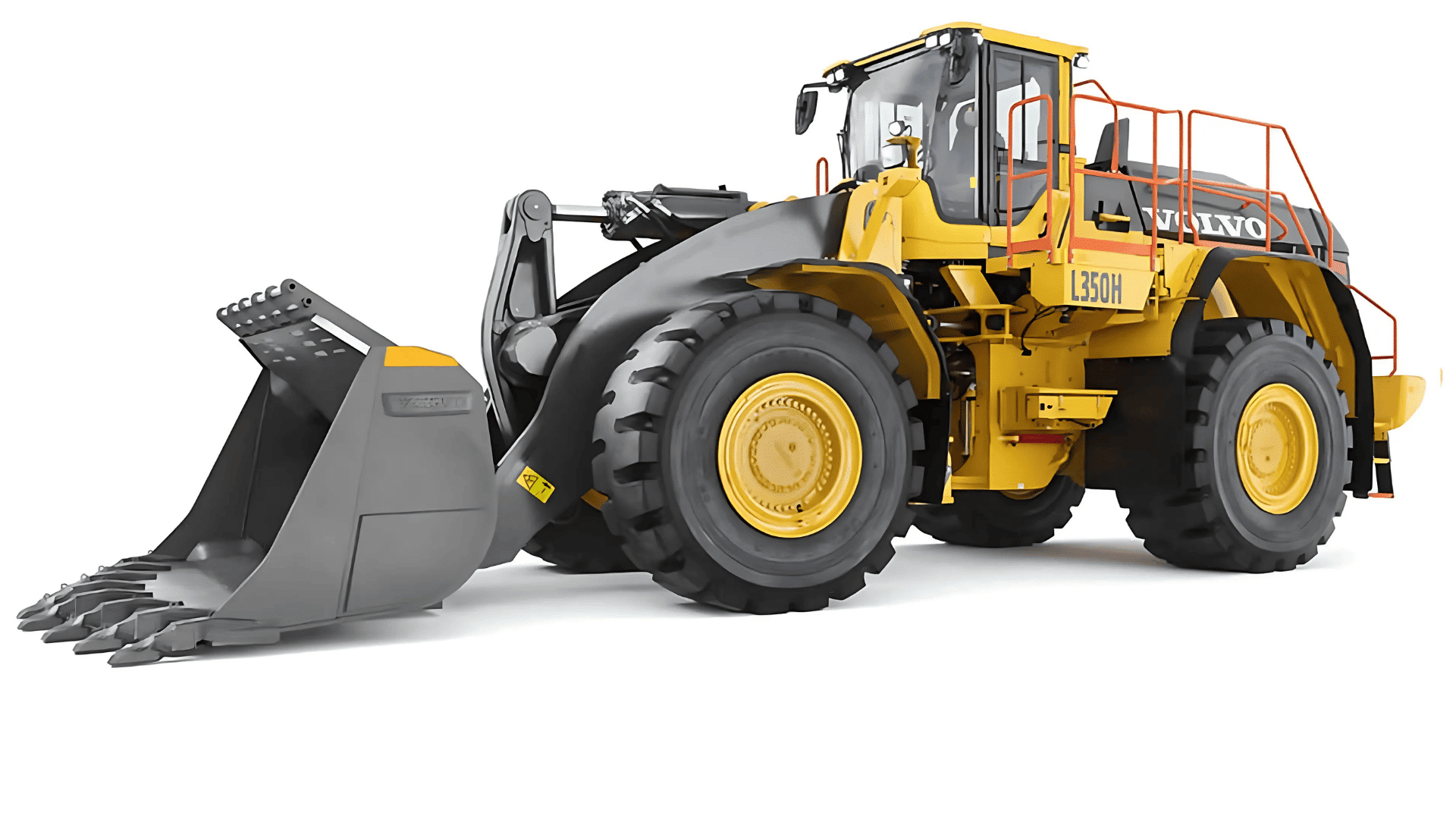
Volvo released smarter, stronger wheel loaders for heavy-duty tasks.
They include automation, improved fuel use, and better balance, helping workers on construction and industrial sites get more done with less effort.
5. BMW’s In-Wheel Electric Motor Technology
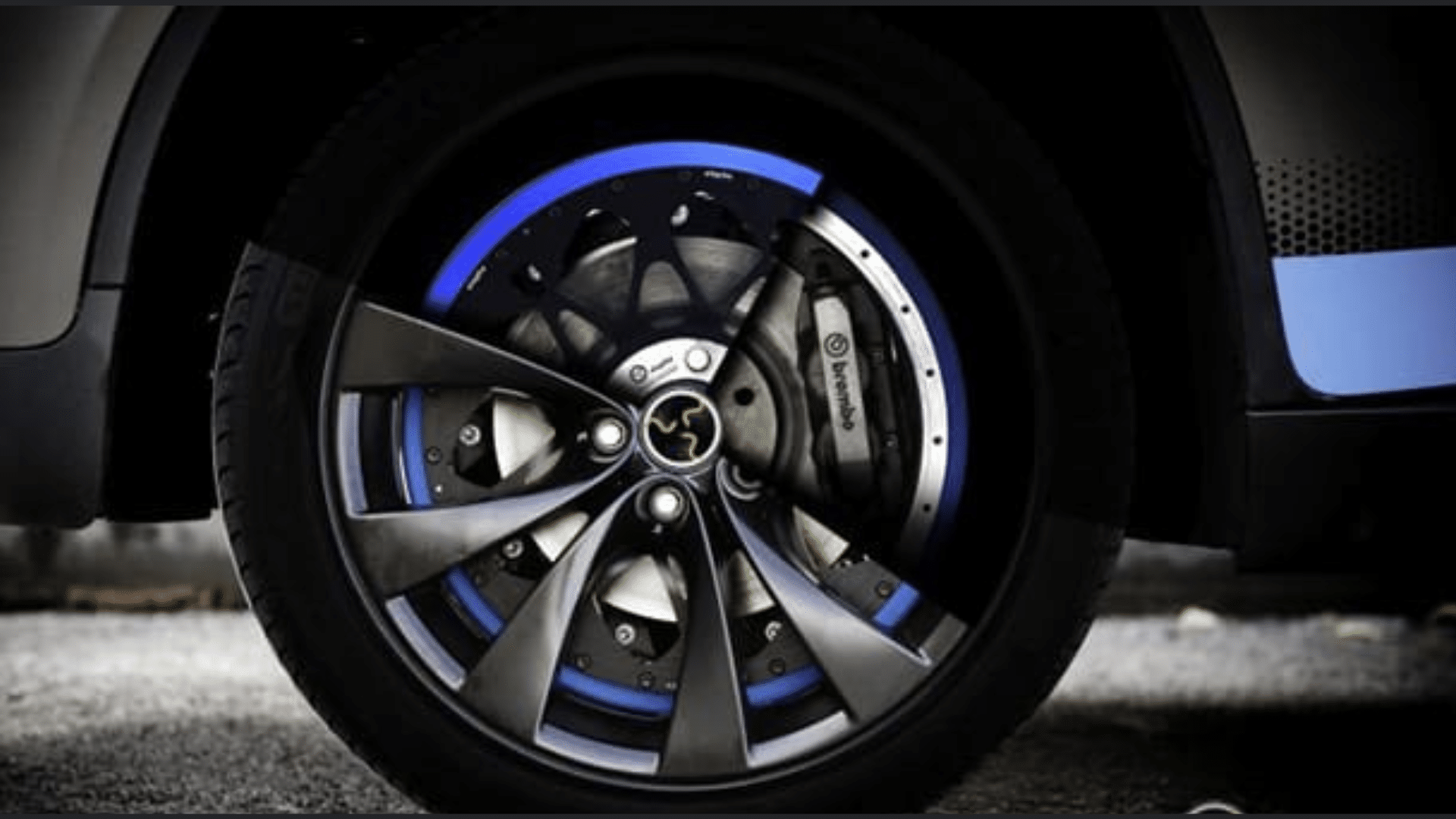
BMW’s latest step in electric driving includes building motors inside each wheel.
This setup provides more precise control and controls the power of electric vehicles without occupying extra space inside the car.
The Wheel: A Cornerstone of Human Innovation
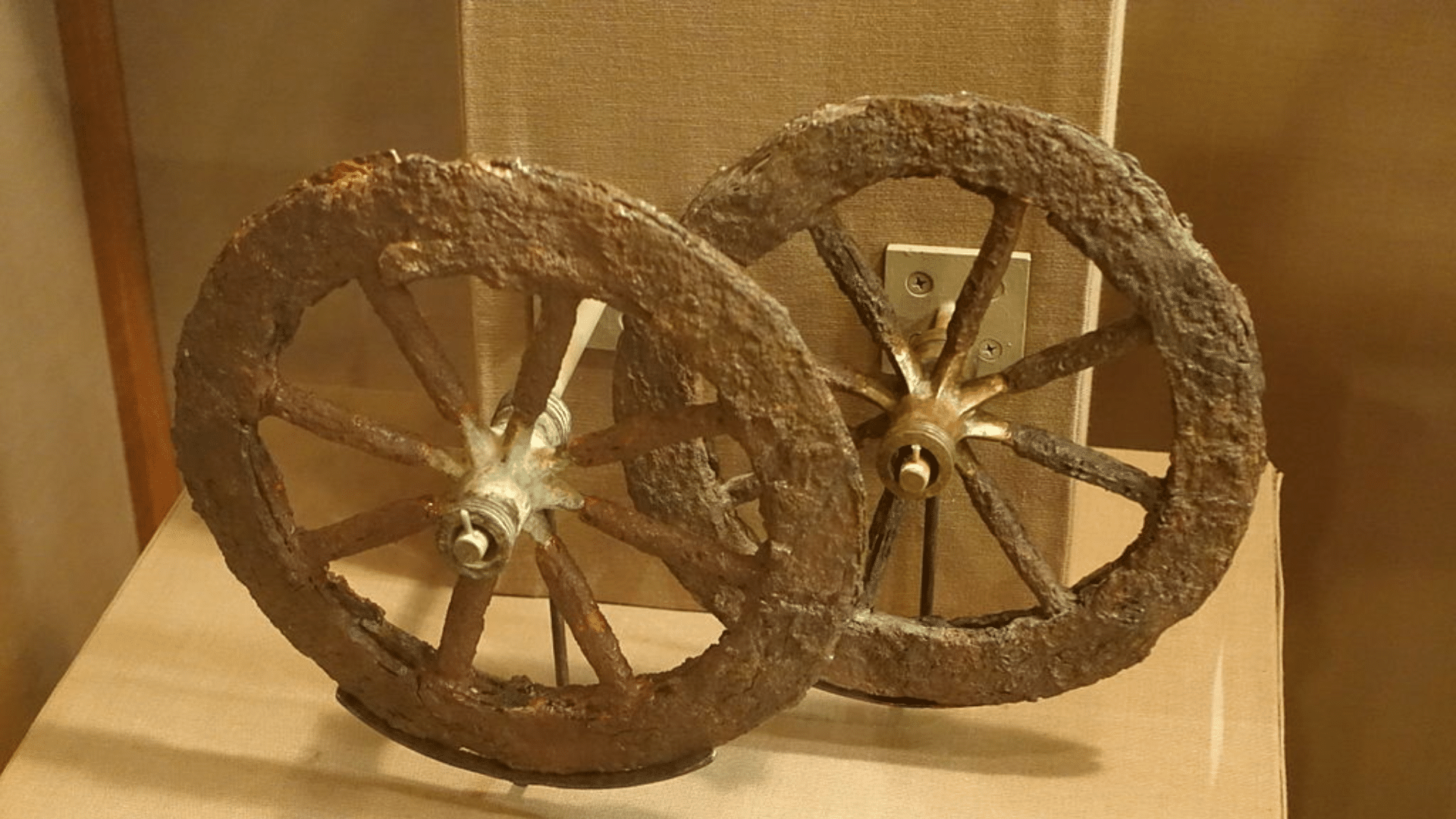
The wheel is a circular object that rotates on an axle, designed to reduce friction and facilitate movement.
It is essential in enabling vehicles and machines to function smoothly, supporting the advancement of technology and society.
History and Evolution of The Wheel
The wheel stands as one of humanity’s most revolutionary inventions, first appearing around 3500 BCE in Mesopotamia.
What began as a simple pottery tool quickly changed transportation and machinery, setting the foundation for modern civilization as we know it.
| STAGE | DESCRIPTION |
|---|---|
| Ancient Wooden Wheels | Solid wooden discs, simple and durable |
| Spoked Wheels | Lighter design with spokes for better speed and strength |
| Metal-Rimmed Wheels | Added metal rims for durability and wear resistance |
| Rubber Tires | Inflated rubber tires for improved comfort and traction |
| Modern Composite Wheels | Use of advanced materials for performance in vehicles and machinery |
Mechanisms and Functions
The wheel’s genius lies in its deceptively simple mechanics: a circular disc rotating around a fixed axle creates one of the most efficient motion systems ever conceived.
- Rotational Motion: Spins around a fixed axle to convert rolling into smooth forward movement.
- Friction Reduction: Bearings minimize contact resistance between wheel and axle components.
- Load Distribution: Evenly spreads weight across the contact surface for better stability.
- Effort Minimization: Reduces the force needed to move heavy objects by eliminating drag.
- Machine Power: Drives countless industrial applications from conveyor belts to turbines.
This precise combination of physics and engineering proves that sometimes the most powerful solutions are also the most beautifully simple.
Conclusion
Who knew a simple circle could carry such weight?
The wheel proves that the most groundbreaking innovations often hide in plain sight, quietly revolutionizing everything they touch.
From ancient pottery studios to tomorrow’s smart cities, this humble round marvel keeps reinventing itself while staying true to its core purpose, making life easier, one rotation at a time.
So the next time you see a wheel in action, remember you are witnessing thousands of years of human ingenuity in motion.
Sometimes the most ordinary objects hold the most extraordinary stories, just waiting for someone curious enough to notice.















